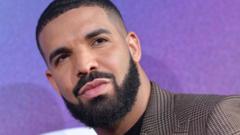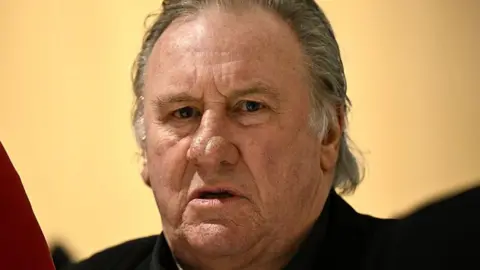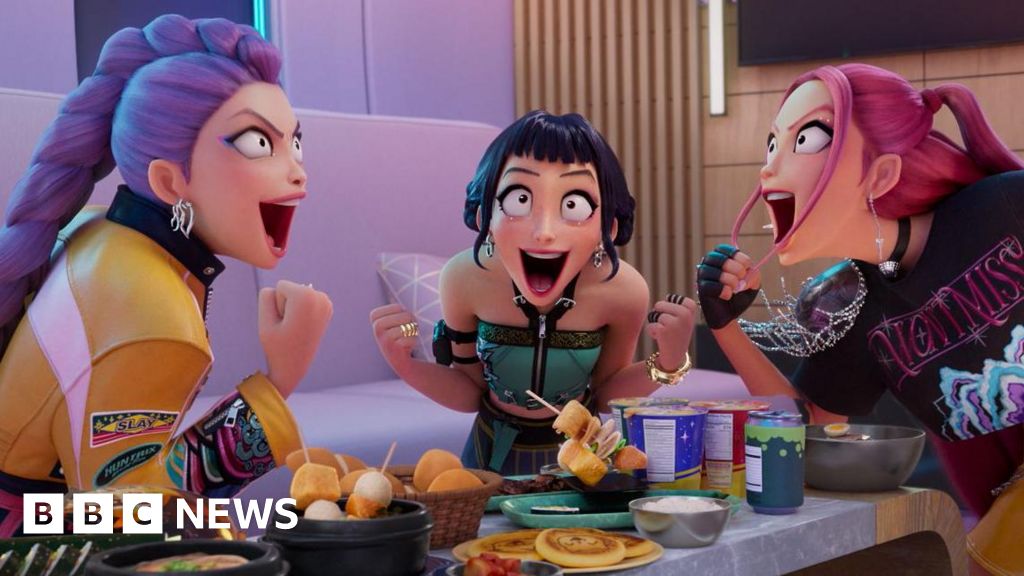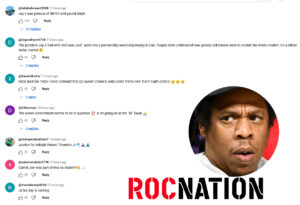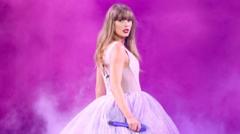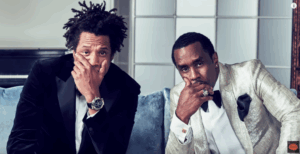In a surprising turn of events, Drake has withdrawn his legal action against Universal Music and Spotify regarding allegations that the companies conspired to artificially inflate the streaming numbers of Kendrick Lamar's diss track, "Not Like Us." The Canadian rapper initially filed the complaint last November, accusing the two music giants of employing bots, payola, and other underhanded tactics to promote Lamar's song, which contained alarming accusations against him.
Court documents detailed how Drake believed that the unprecedented exposure of "Not Like Us" was not a result of organic artist popularity but rather a systematic effort involving "irregular and inappropriate business practices." However, this week, during a meeting between Drake's legal representatives and officials from Spotify and Universal, Drake’s lawyers voluntarily withdrew their pre-action filing, effectively putting an end to the case.
Spotify did not resist this decision, while Universal reserved its position on the matter. A related case that Drake has filed against Universal and iHeartRadio in Texas is still ongoing, indicating that the rapper is not entirely backing down from legal scrutiny regarding his rival’s success.
The feud between the two artists has been simmering since the early 2010s, and “Not Like Us” was perceived as a significant escalation. In his lyrics, Lamar insinuates that Drake has inappropriate preferences, further stoking tensions within the hip-hop community. Drake's response track, "The Heart Part 6," attempted to counter these claims but did not garner the same level of traction as Lamar’s single, which topped charts and accumulated over one billion streams on Spotify.
Drake's original legal actions were labeled as preemptive efforts to gather evidence against the labels. In these filings, he suggested that Universal had licensed Lamar's track at reduced rates to skew streaming data favorably for Lamar. Universal, in its defense, firmly rejected the notion that it would engage in harmful practices against its artists, arguing that the popularity of music is ultimately determined by listener choice.
Moreover, industry experts questioned whether the allegations would ever be taken to trial. Some posited that the legal move could merely be a strategy to extract information for a potential breach of contract case. Nevertheless, commentators have warned that the heightened publicity surrounding the legal claims could inadvertently amplify the notoriety of Lamar's lyrics, an outcome Drake might not have anticipated. As this complex narrative unfolds, the music and legal industries alike will be watching keenly to see how these rivalries and court cases shape the reputations involved.
Court documents detailed how Drake believed that the unprecedented exposure of "Not Like Us" was not a result of organic artist popularity but rather a systematic effort involving "irregular and inappropriate business practices." However, this week, during a meeting between Drake's legal representatives and officials from Spotify and Universal, Drake’s lawyers voluntarily withdrew their pre-action filing, effectively putting an end to the case.
Spotify did not resist this decision, while Universal reserved its position on the matter. A related case that Drake has filed against Universal and iHeartRadio in Texas is still ongoing, indicating that the rapper is not entirely backing down from legal scrutiny regarding his rival’s success.
The feud between the two artists has been simmering since the early 2010s, and “Not Like Us” was perceived as a significant escalation. In his lyrics, Lamar insinuates that Drake has inappropriate preferences, further stoking tensions within the hip-hop community. Drake's response track, "The Heart Part 6," attempted to counter these claims but did not garner the same level of traction as Lamar’s single, which topped charts and accumulated over one billion streams on Spotify.
Drake's original legal actions were labeled as preemptive efforts to gather evidence against the labels. In these filings, he suggested that Universal had licensed Lamar's track at reduced rates to skew streaming data favorably for Lamar. Universal, in its defense, firmly rejected the notion that it would engage in harmful practices against its artists, arguing that the popularity of music is ultimately determined by listener choice.
Moreover, industry experts questioned whether the allegations would ever be taken to trial. Some posited that the legal move could merely be a strategy to extract information for a potential breach of contract case. Nevertheless, commentators have warned that the heightened publicity surrounding the legal claims could inadvertently amplify the notoriety of Lamar's lyrics, an outcome Drake might not have anticipated. As this complex narrative unfolds, the music and legal industries alike will be watching keenly to see how these rivalries and court cases shape the reputations involved.

